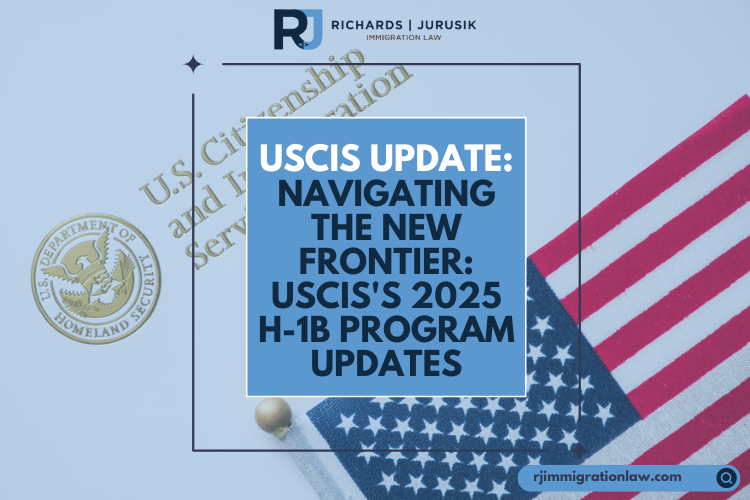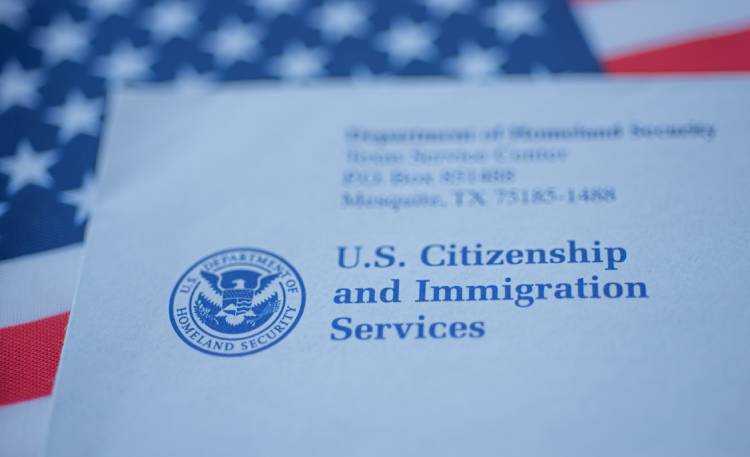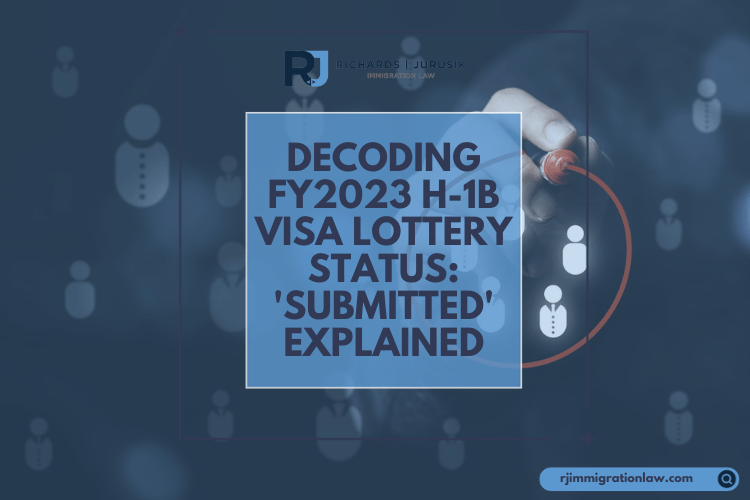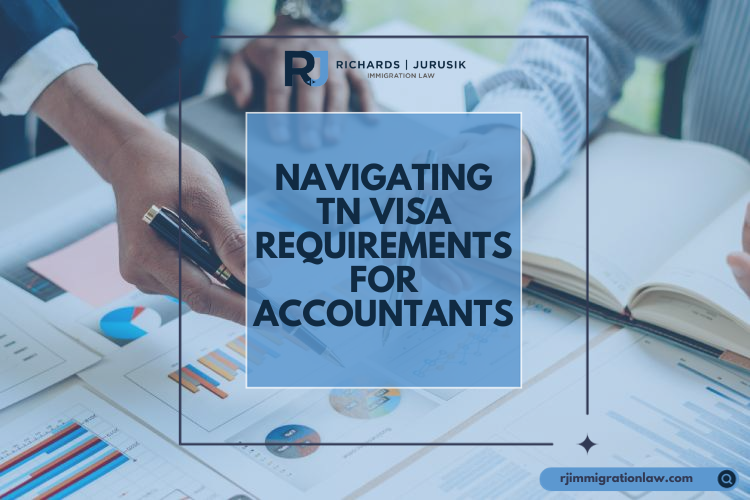The intricacies of the TN visa classification under the United States-Mexico-Canada Agreement (USMCA) are essential for Canadian and Mexican professionals looking at career opportunities in the United States. This post covers a necessary aspect of this process: the role of U.S. licensure.
Understanding U.S. Licensure in TN Visa Classification
Licensure in the United States: Beyond a Pre-entry Formality
Obtaining a U.S. license in a specific profession is not a mandatory pre-entry requirement for Canadian and Mexican professionals seeking TN classification. Aspiring USMCA professionals can apply for TN without a U.S. professional license.
The Post-entry Phase: Licensure and State Regulation
Although pre-entry licensure is not mandated, its importance escalates once in the U.S. Post-entry, the regulation and enforcement of professional licensure fall under state or other local jurisdiction. This transition underscores the need for professionals to navigate state-specific licensing requirements to practice their professions legally within the United States.
Documentation and TN Classification: Clarifying the Essentials
When applying for TN classification, relevant documentation is essential, which might include proof of licensure and a job offer letter, among other things. Importantly, lack of U.S. licensure at the application stage should not lead to the denial of admission or classification as a USMCA professional. This approach provides flexibility for professionals as they plan their entry into the U.S. job market.
A Closer Look at Nursing Professionals
Nursing professionals represent a particular category within the TN classification. To engage in healthcare services as a nurse under TN status, applicants must meet specific criteria, including obtaining a certification from the Commission On Graduates of Foreign Nursing Schools (CGFNS) or a similar recognized credentialing body. This requirement aligns with various U.S. legal and regulatory standards, ensuring that nursing professionals meet the comprehensive prerequisites for providing healthcare services in the U.S.
Conclusion
For Canadian and Mexican professionals aiming to work in the United States under TN visa status, it is essential to understand the role of licensure. While U.S. licensure is not a barrier to entry, it may have post-arrival implications, particularly in professions with stringent state-specific requirements. Understanding these details ensures a smoother transition for professionals navigating the complexities of working in the U.S. under TN classification.
Subscribe to Our Resources Blog
Schedule a Consultation with an Immigration Lawyer







